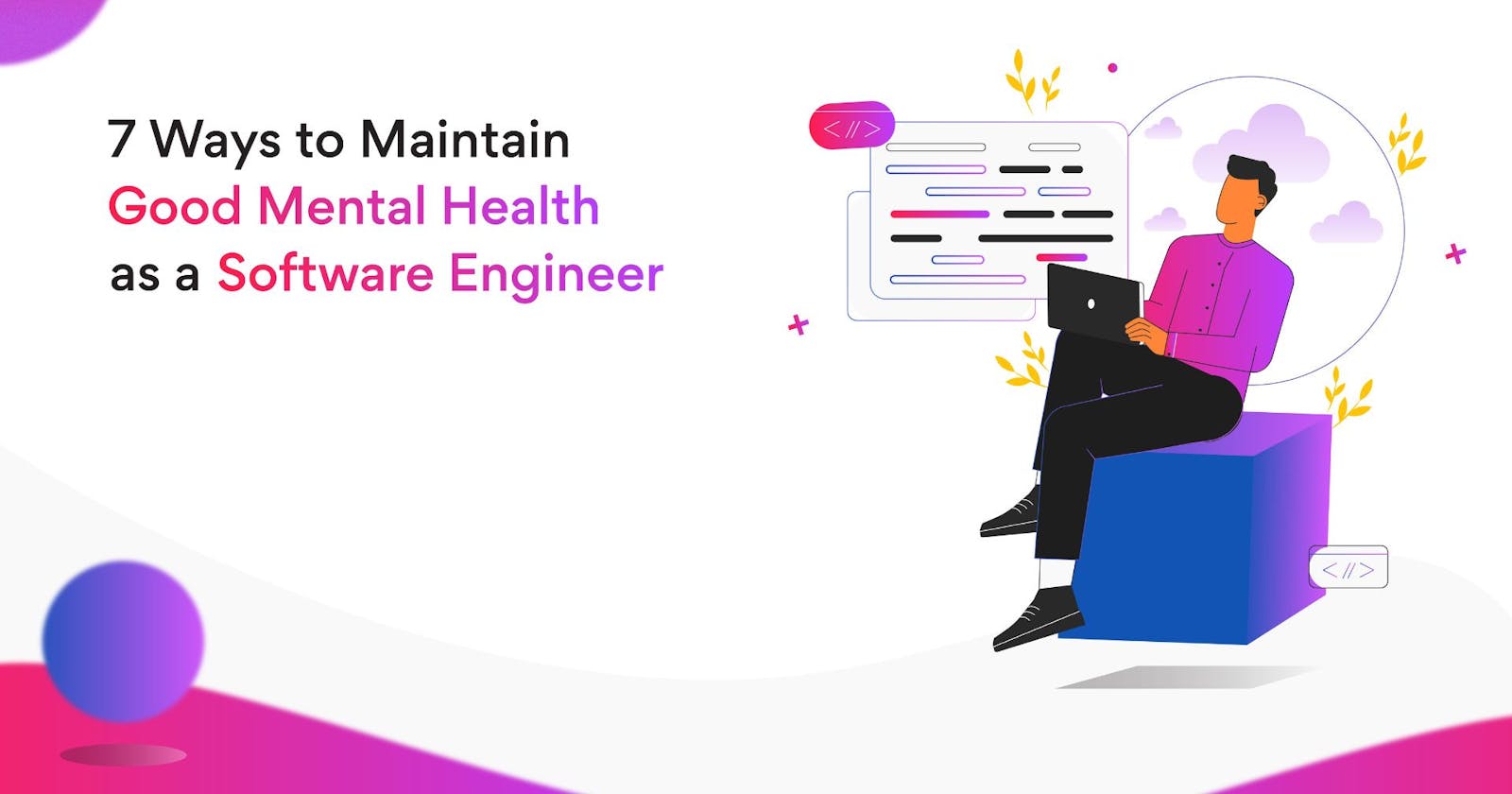Ensuring robust mental health is crucial for software engineers due to the demanding nature of programming, which often entails intense cognitive activities. Shockingly, 15 percent of 65,000 developers surveyed by Stack Overflow admitted to struggling with mental health issues, a consequence often overlooked amid work commitments.
To navigate this, consider the following seven strategies for maintaining good mental health in the software engineering realm:
1. Tackling Imposter Syndrome: Imposter syndrome, prevalent among software engineers, can erode mental well-being. Combat this by tracking your achievements, engaging in stress-relieving activities, appreciating your uniqueness, and embracing continuous learning.
2. Taking Breaks: Programming's intensity necessitates breaks for mental rejuvenation. Disengage from screens during breaks, opting for activities like walks, calls with friends, or reading. Returning to work post-break enhances productivity and energy levels.
3. Practicing Meditation: In our fast-paced world, mindfulness meditation stands out as a simple yet effective practice. Devote daily time to focus solely on the present, fostering calmness, clarity, and stress reduction. Platforms like Headspace and WildMind offer guided mindfulness meditation.
4. Incorporating Exercise: Regular exercise, beyond its physical benefits, instills discipline, releases dopamine, and combats the sedentary effects of software engineering. Prioritize routine physical activity to enhance focus and overall well-being.
5. Developing Hobbies: Allocate guilt-free time for hobbies that bring joy, offering a break from work-related stress. Whether it's reading, making music, or playing games, this dedicated time enhances mental health.
6. Reducing Caffeine and Soda Intake: Limiting caffeine and soda intake is vital for mental well-being. These beverages, with their short-lived effects, can disrupt neurochemical signals, induce sleep deprivation, and contribute to long-term health issues. Opt for healthier alternatives like tea or fresh juices.

7. Rewarding Yourself: Acknowledge your efforts by occasionally indulging in self-rewards, whether it's purchasing a desired gadget, planning a fun trip, or taking a day off for personal activities. Balancing work commitments with self-appreciation is key to sustained mental health.
Remember, preventing burnout is as crucial as managing it. Social engagement, avoiding excessive workloads, ensuring fair compensation, and addressing signs of fatigue contribute to a healthier work-life balance. Prioritize mental health; your well-being should always come first, work second. and If mental health declines, seeking help is a sign of strength, not weakness.
In the fast-paced world of software engineering, prioritizing mental health is not just a luxury; it's a necessity for sustained success and personal well-being.

